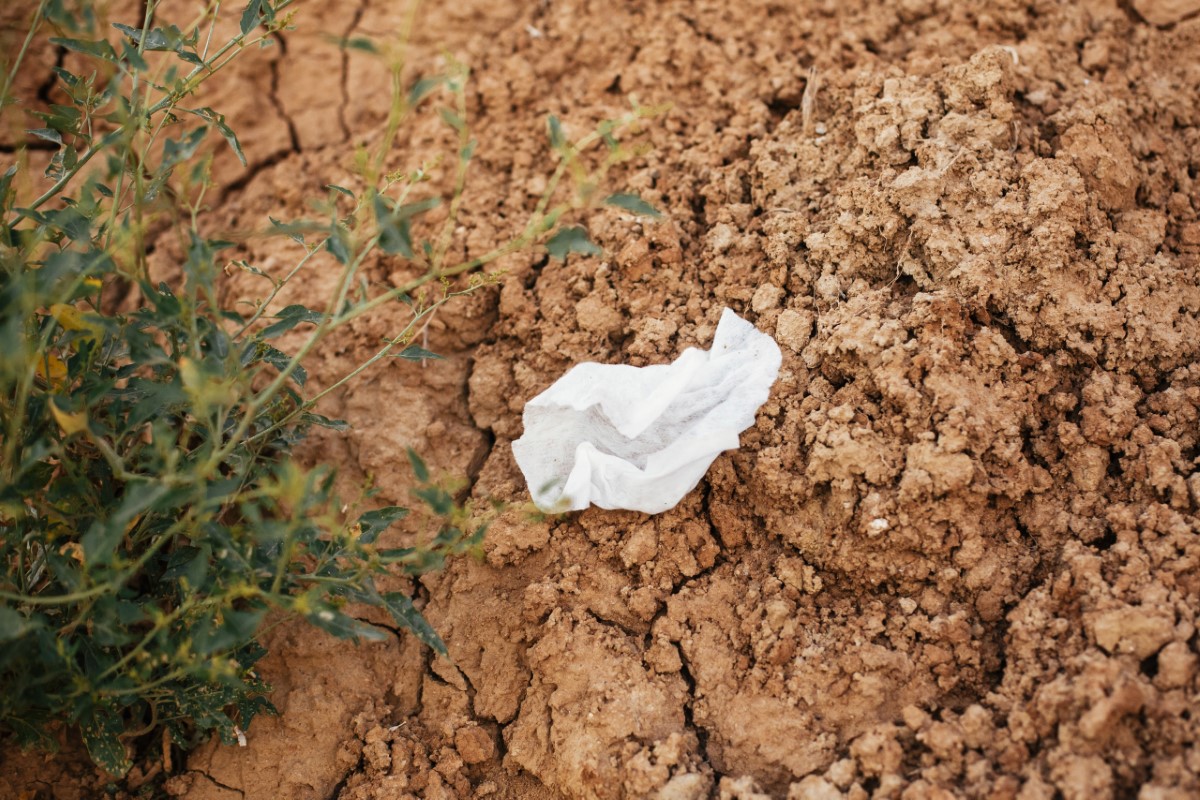Since July, EU member states have been obliged to implement the Single-Use-Plastics Directive (SUPD) of the European Union. This means, among other things, that packaging must indicate that plastic is used in the product in question. We examined the SUPD in more detail and have answered some of the most frequently raised questions for you.

Challenge
Relevant information on plastic in wet wipes and the effects on our environment.


















